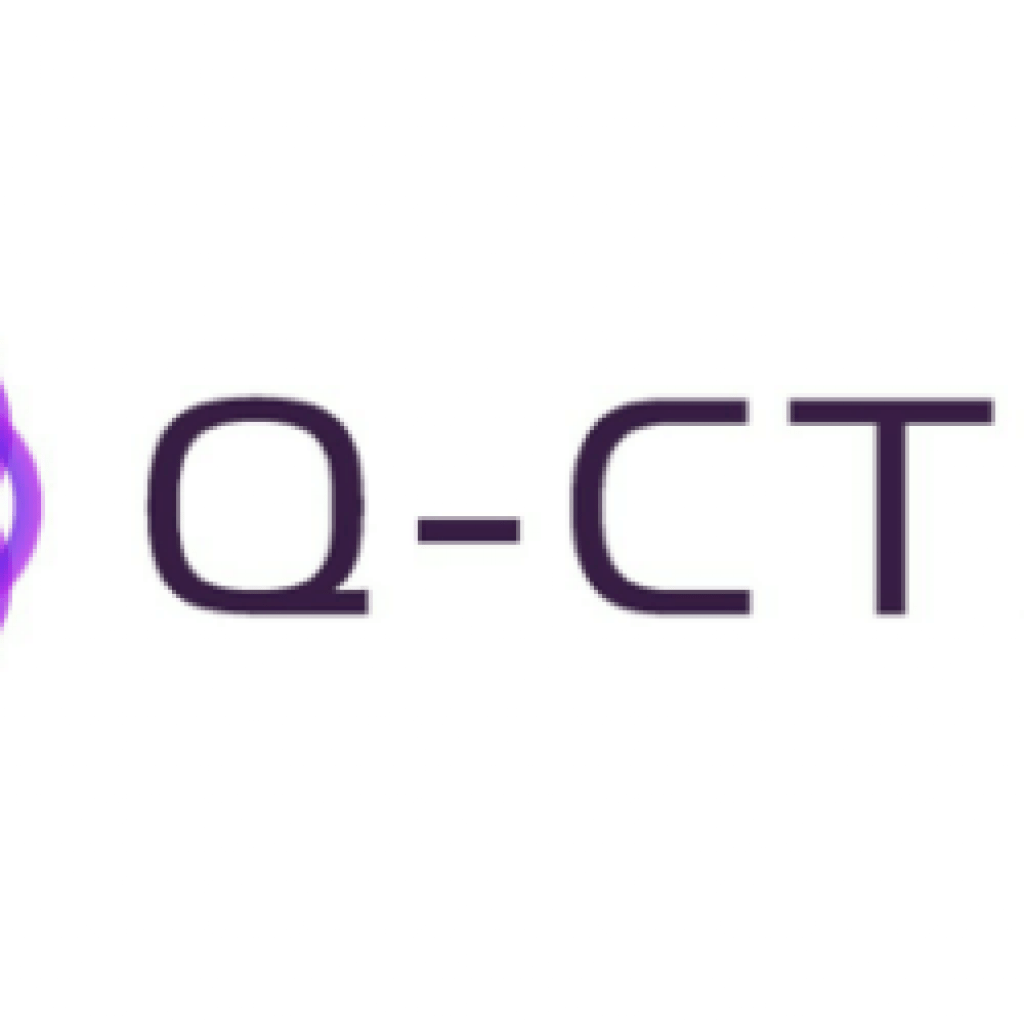Q-CTRL, a company primarily known for quantum software and control engineering solutions, unveiled a quantum sensing division this week, with plans to showcase its sensing-related capabilities publicly for the first time at Australia’s Army Quantum Technology Challenge (QTC) in Adelaide, Australia on August 10 and 11.
Quantum sensing is an intriguing emerging market, according to IQT Research, which recently published a report on the topic. This is especially true for the companies in the sector that are focusing their efforts on quantum-based software and services, and not necessarily spending every last dime and minute of effort on creating quantum computers. There have been many significant advancements in recent years in the field of quantum sensing, and companies such as Alphabet spin-off SandboxAQ have talked up quantum sensing as an important near-term business opportunity.
With this move, Q-CTRL becomes one of the few companies in the sector, SandboxAQ, Oxford Instruments, and QuTech included, to be supporting both quantum sensing and quantum computing efforts.
“Quantum sensing has been on Q-CTRL’s roadmap since day one,” Q-CTRL CEO and founder Michael Biercuk told IQT News. “We always knew that our unique focus on quantum control infrastructure software would apply to any quantum technology, not just quantum computing. Getting into both verticals builds a virtuous cycle for us: everything we have learned about optimizing small quantum computers translates to improving the performance of quantum sensors, and everything we do to improve quantum sensors delivers new techniques to understand how to improve quantum computers.”
As a market opportunity, quantum sensing may represent a small portion of the broader sensor market, but it could be a nearer-term opportunity than quantum computers for companies like Q-CTRL. Biercuk said, “Quantum sensing represents a nearer term opportunity with very high value, allowing us to deliver greater revenue before large scale QC [quantum computing] comes to reality.”
This week’s QTC event is part of $60 million worth of sensing work in Australia that already has been awarded to Q-CTRL and its partners, the company said. This includes a project with Advanced Navigation on hybrid classical-quantum inertial navigation, and both Modern Manufacturing Initiative (MMI) and CRC-P contracts developing space-qualified quantum sensors.
The company claimed in a press release that its quantum sensing division is “one of the largest in the world.” Asked how many employees are on them, Biercuk said it so far includes 15 experts “in hardware, software and modeling,” and that the division will continue to grow.
The new sensing division is working on developing what Biercuk described as ultrasensitive “software-defined” quantum sensors for use in measuring gravity, motion and magnetic fields.
Biercuk explained, “Quantum sensors give access to totally new capabilities for defense and civilian opportunities. But taking them from the lab to the field typically sees all of their benefits lost to ‘noise.’ Our software defined sensors focus on augmenting the performance of base hardware using quantum control, enabling exceptional performance in the field. We specifically counteract the challenges faced in real field environments by combating platform noise and allowing sensors to identify a small target signal in a cluttered environment. Software never replaces hardware – it simply allows us to push the hardware to its absolute limits.”
Dan O’Shea has covered telecommunications and related topics including semiconductors, sensors, retail systems, digital payments and quantum computing/technology for over 25 years.
